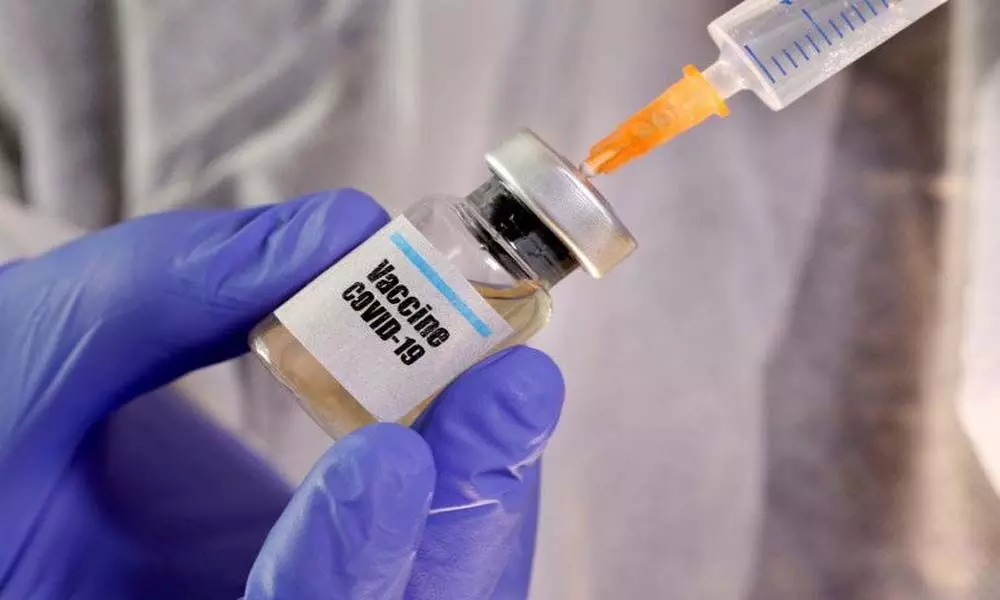How a Covid vaccine is approved
Safety evidence is an essential part of each regulatory submission for a Covid-19 vaccine. It is gathered during all phases of the vaccine development process
image for illustrative purpose

Healthcare professionals and public health authorities have a central role in discussing vaccination against Covid-19 with their patients. Vaccines play a critical role in preventing deaths, hospitalisation caused by infectious diseases. Emerging data on effectiveness indicates that licensed Covid-19 vaccines are contributing to controlling the spread of the disease. Until widespread vaccination has been achieved, both vaccinated and unvaccinated people need to be aware of the additional protective behaviours required to control the pandemic locally.
The global impact of the Covid-19 pandemic has resulted in an unprecedented level of public interest in vaccines. This includes a focus on the development of vaccines and their regulatory review and safety monitoring. Much of this coverage has taken place through mass and social media. Reports of adverse events (side effects) have led some people to express concerns about getting vaccinated, delay getting vaccinated or even be strongly opposed to vaccination. There are also differences in individual confidence in national safety monitoring systems. Another challenge in communicating the importance of Covid-19 vaccination is that younger adults are typically less clinically affected by Covid-19 infection and so may see limited value in getting vaccinated, including until further data confirms that vaccines prevent transmission and that vaccines are effective against variants. Clear and consistent communication is therefore essential to support people in making the choice to be vaccinated. This joint International Coalition of Medicines Regulatory Authorities (ICMRA) and WHO statement aims to help healthcare professionals answer questions about the role of regulators in the oversight of Covid-19 vaccines. It explains how vaccines undergo robust scientific evaluation to determine their safety, efficacy and quality and how safety is closely and continually monitored after approval.
Vaccination has been shown to contribute to reducing deaths and severe illness from Covid-19, and to reduce the transmission of Covid-19. Vaccinating as many people as possible and reducing the spread of disease is important. Vaccination of a significant proportion of the population also protects vulnerable people, including those who cannot receive vaccines, or the small proportion of people who might remain at risk of infection after vaccination. Failure to vaccinate widely also enables continued circulation of the virus and the generation of variants, including some that may pose a greater risk. Widespread vaccination will help prevent people from having to go to hospital and contribute to fewer people getting sick, ultimately alleviating the burden of Covid-19 on healthcare systems. It will also help allow a return to normal societal functioning and the re-opening of economies.
Regulators rigorously evaluate scientific and clinical evidence provided by vaccine manufacturers. Vaccine manufactures are legally obliged to follow defined standards in the data they provide, and their clinical research and manufacturing operations are subject to regulatory oversight. Either full or summary data from clinical trials is made available following vaccine evaluation. Each vaccine is thoroughly assessed for safety, efficacy and pharmaceutical quality to determine whether it can be approved for use. Regulators use available scientific evidence from preclinical laboratory research, human clinical trials, and manufacturing information to assess benefits and risks of candidate vaccines.
Regulators may seek additional expert advice from independent scientific advisory committees to help inform their decision on whether to approve a vaccine. These committees are made up of experts in science, medicine (including infectious diseases) and public health, and often include consumer and healthcare professional representatives.
Public health agencies have a different role than regulatory authorities. They develop and deliver vaccination programmes, often working with their expert immunisation technical advisory committees. This includes prioritising and designating populations for vaccination with specific vaccines, issuing additional recommendations and providing information more broadly about vaccines and immunization. They also collaborate with regulators to monitor the safety of vaccines after they are approved for use. Globally, the public can have confidence in the rigour of the process used to scientifically evaluate the safety, efficacy and quality of vaccines before they are approved for use in the wider population.
Safety evidence is an essential part of each regulatory submission for a Covid-19 vaccine. It is gathered during all phases of the vaccine development process. Robust assessment of safety is carried out in the clinical trials and submitted to regulators for review as part of the approval process.

